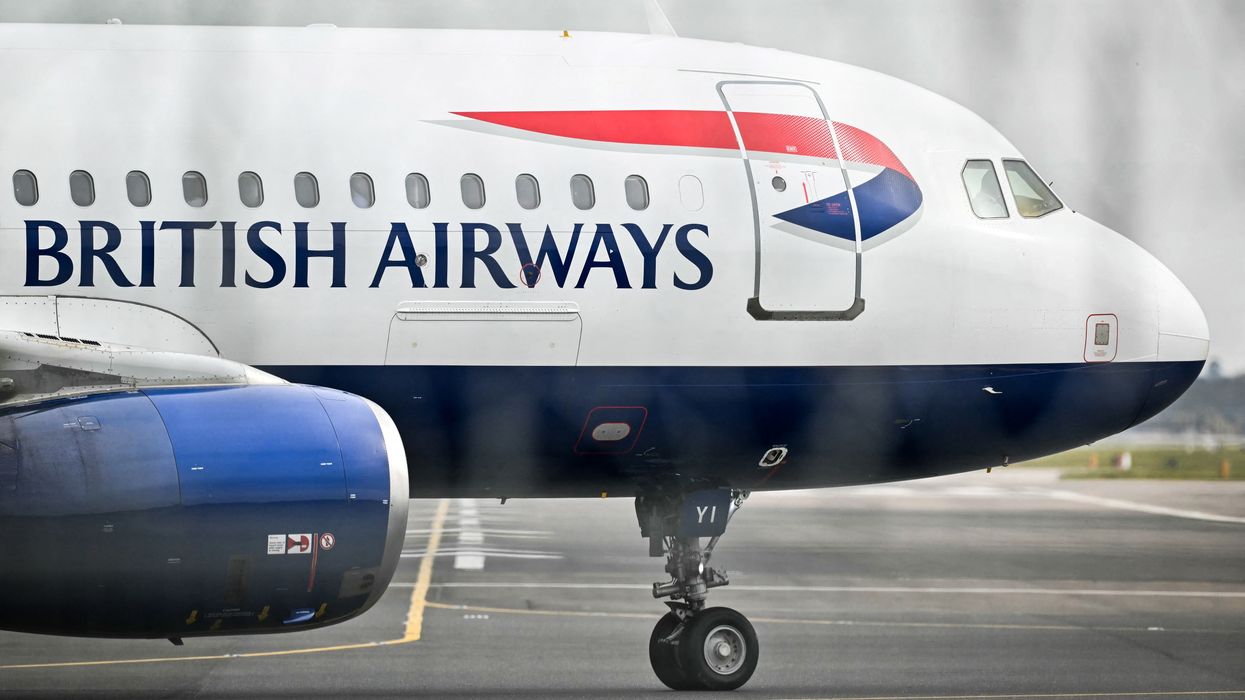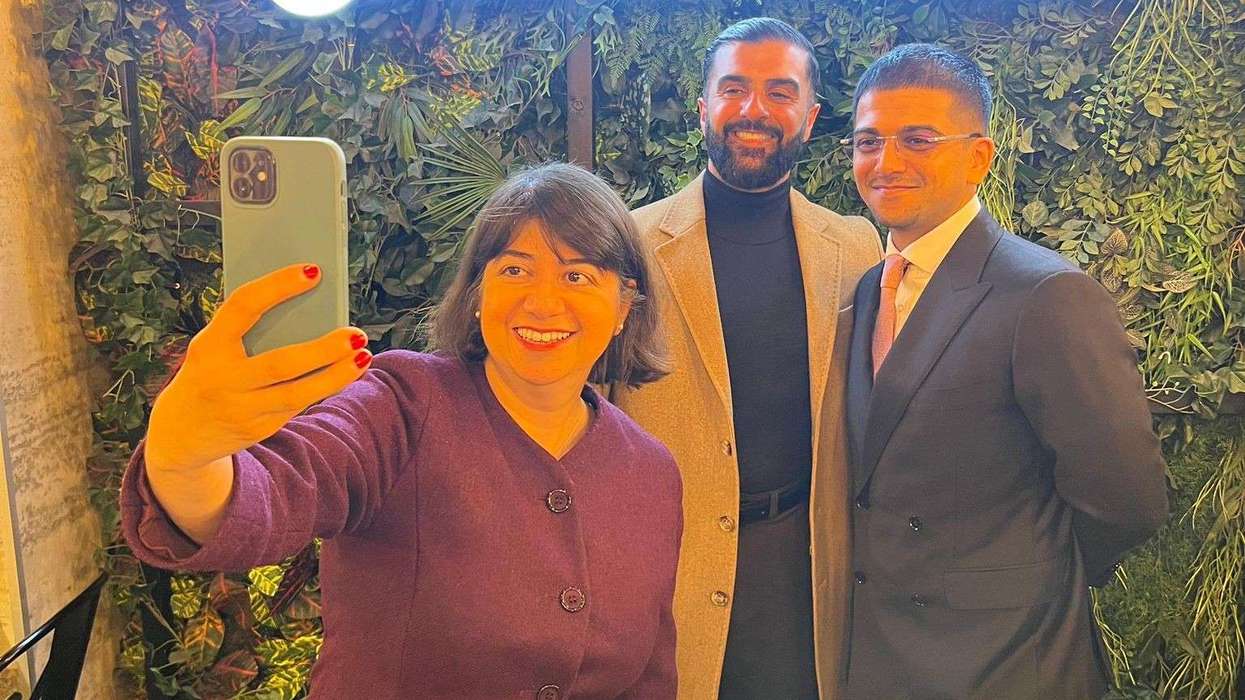BRITISH AIRWAYS, which has been operating flights to India for over 100 years, plans to expand its routes and flight frequencies and explore more cargo opportunities under the India-UK free trade agreement (FTA), said Sean Doyle, Chairman and CEO of the airline.
Currently, British Airways operates 56 flights a week from five Indian cities, with three-weekly flights from Mumbai and double daily services from Delhi. It also has daily flights from Chennai, Bengaluru and Hyderabad.
In an interview with PTI, Doyle said India is a “very, very important” market for British Airways and the airline aims to continue expanding routes and flight frequencies in the future.
From October this year, British Airways will reintroduce first-class seats on one of its Mumbai-London Heathrow flights after a gap of nearly five years.
“I think we want to be part of the growth of aviation in India. We have been part of it for 100 years... about 2,500 people work for British Airways in India... outside of the United States, our biggest single market is India,” he said. He also highlighted that the airline has increased capacity to India by around 25 per cent compared to pre-pandemic levels.
Doyle, who is in New Delhi to participate in the annual general meeting of the global airlines’ group IATA, said that travel demand in India will increase quickly over the next decade, supported by a large and growing middle class who wants to travel.
“I think that the growth is going to be incredibly exciting, and something that you won’t see. It’s a once-in-a-generation growth opportunity here, what’s happening in India,” he said.
British Airways is also optimistic about the cargo opportunities between India and the UK, particularly under the India-UK FTA, and expects more cargo to be transported.
“I expect more cargo being exported from India under the FTA. And I would expect as well that it would be an increase in certain niche exports coming into India as well. Not necessarily out of the UK but also out of the surrounding kind of markets that we serve,” he said.
When asked about tariff uncertainties, Doyle said everyone is monitoring the situation and its effects.
“I was extolling the positives of a free trade agreement between the UK and India, and I think anything which goes in the opposite direction, you obviously look at very closely. Because we’ve been used to, in the last 40 years, that trade is liberated and opened up,” he added.
British Airways has raised its weekly flights from India to 56, up from 46 before the coronavirus pandemic.
“I think we’ve been expanding steadily since the end of the pandemic, and in fact, we’re bigger now than we were pre-pandemic, which is quite unique because there’s a lot of markets where we haven’t really been fully yet. But India is one where we’re actually bigger. And we are obviously down to three per day in Mumbai, and we’re going to a third daily service in Delhi come winter,” Doyle said.
The airline’s plan to upgrade its fleet with more wide-body aircraft will also help expand long-haul operations, creating more opportunities in key markets like India.
Doyle said that British Airways aims to provide value for money in all its travel segments, and since the pandemic, there has been growth in premium leisure travel that is expected to continue.
From 27 October, British Airways will reintroduce first class seats in its Boeing 787-9 fleet operating on the Mumbai-London Heathrow route. The airline also offers business, premium economy and economy class seats.
Regarding the airline’s connecting traffic and O&D (Origin & Destination) traffic from India, Doyle said that in mature markets like Delhi and Mumbai, more traffic is O&D traffic that starts and ends in the UK.
“If you look at markets like Bangalore and Hyderabad, that still is very much driven by connecting traffic into the United States... as we launch more services into India, and as we add more services into the United States, we give people more of a one-stop solution to get to more places than they can with any other carrier,” he said.
(With inputs from PTI)




